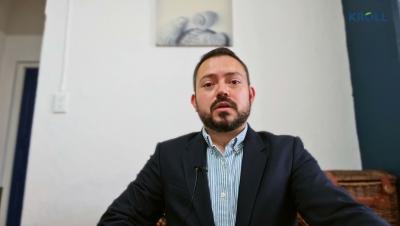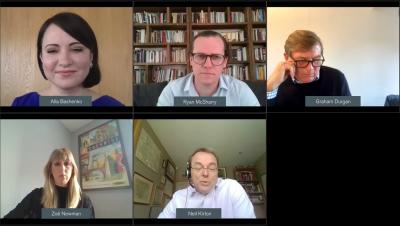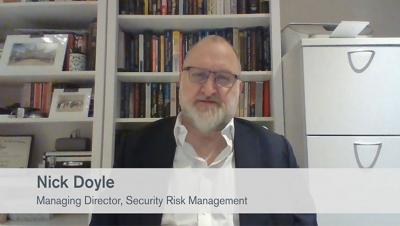Security | Threat Detection | Cyberattacks | DevSecOps | Compliance
Kroll
Five Considerations on Service Providers Privacy and Security
Understanding who you share data with and how they will utilize and protect it has never been more critical. Privacy and security continue to be a top priority for regulators around the world and organizations are advised to stay abreast and take appropriate measures to comply.
Enhancing Event Log Analysis with EvtxEcmd using KAPE
Cyber Risk - Why Corporate Governance Matters
In the high-pitched, relentless battle against cyberattacks, much of the attention and energy has been focused on technical solutions, regulatory compliance, and balancing risks with opportunities. What about corporate governance? What role does executive and board-level oversight play in ensuring robust cybersecurity … and what role should it play?
From The Future CIO Report: For Most, Cyber Incident Response Remains a Challenge
With most organizations receiving over 100 threat alerts every day and a reduction of endpoint visibility due to the shift to remote work, the ability to quickly detect and confidently respond to cyber threats has become a difficult challenge for organizations to undertake on their own.
Corporate Reputation | NED Webinar Series - Part 1: External Threats
Episode 12 | Employee Training in a Virtual Environment
Shape of the New | Global Art Market Webinar Series - Part 2: Regulation and Risk
2021 Security Trends
Case Study - Online Skimming Attack Facilitated by Work-From-Home Arrangements
In May 2020, Kroll was contacted by a purveyor of high-end meats after receiving several customer complaints of potentially fraudulent credit card activity. The fraud allegations were raised after several customers observed unauthorized transactions on their credit cards shortly after placing orders through the purveyor’s e-commerce website. Kroll quickly assigned one of their seasoned Payment Card Industry (PCI) forensics investigators to review and investigate the matter.








